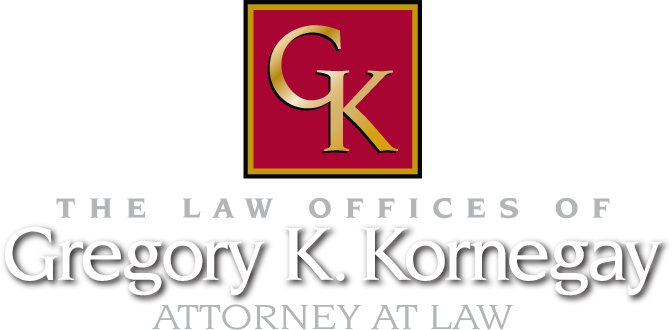Means Test: Do You Qualify For A Ch 7?
The means test is the Bankruptcy Court’s way of enforcing “needs based” bankruptcy (only those who truly need a Ch 7 will be allowed to file Ch7). The means test has two functions: It serves as a screener to determine whether a debtor will be eligible for a Chapter 7 Bankruptcy and if it determines that a debtor is not eligible for a Chapter 7, it then determines how much a debtor will be required to pay to his or her unsecured creditors thru a Chapter 13 plan if the debtor wishes to go forward in Bankruptcy.
The heart of the concept is this: if you have primarily consumer debts, you will be allowed to file for Chapter 7 bankruptcy only if it is justified after an analysis of whether you can repay a scheduled amount of money to your unsecured creditors. In other words, if you have enough income to pay your unsecured creditors, then you may not be able to file Chapter 7 bankruptcy. The means test determines whether you have enough income to pay your unsecured creditors. If you have enough income to pay your unsecured creditors and you file for Chapter 7 anyway, then the Court may determine that there is an abuse of Chapter 7. In the case of abuse, the Court could dismiss your Chapter 7 case or the Court could make you convert your Chapter 7 case into a Chapter 13 case so that your unsecured creditors can get paid.
How the Means Test is Applied
- Figure the median income for the debtor’s household size – already set for N.C.
- Take the average of the debtor’s income from all sources for the last 6 months prior to the month the bankruptcy case is filed and determine the debtor’s “current monthly income.” Some income will be excluded (i.e., Social Security benefits).
- If the debtor’s income is below the median income for North Carolina, the debtor may proceed with a Chapter 7 Bankruptcy.
- If the debtor’s income is above the median income for North Carolina, then the debtor must complete the rest of the “means test” which includes going thru the allowed deductions or reasonable expenses to determine the debtor’s disposable monthly income.
- If the debtor’s disposable monthly income is determined to be enough to pay unsecured creditors, then the filing of a Chapter 7 could be considered abuse, thereby forcing the debtor to dismiss the Chapter 7 or forcing the debtor to convert to a Chapter 13.
What Our Clients Say:
Member:

Attorney Gregory Kornegay
Greg is a trial attorney in Wilmington with over 30 years of experience. Greg was born and raised in southeastern North Carolina. Before law school he managed a store with employees making a payroll every week. His first job out of law school was as an Assistant District Attorney investigating and trying cases for the State of North Carolina. Through the years he has handled many different types of cases – including death penalty cases.
Being married with children has been a blessing and a challenge, but has served him well in understanding the problems individuals and families face as they live out their lives. Greg believes that each case is different and the needs of each client are unique, but there are certain themes of life that we all share.


